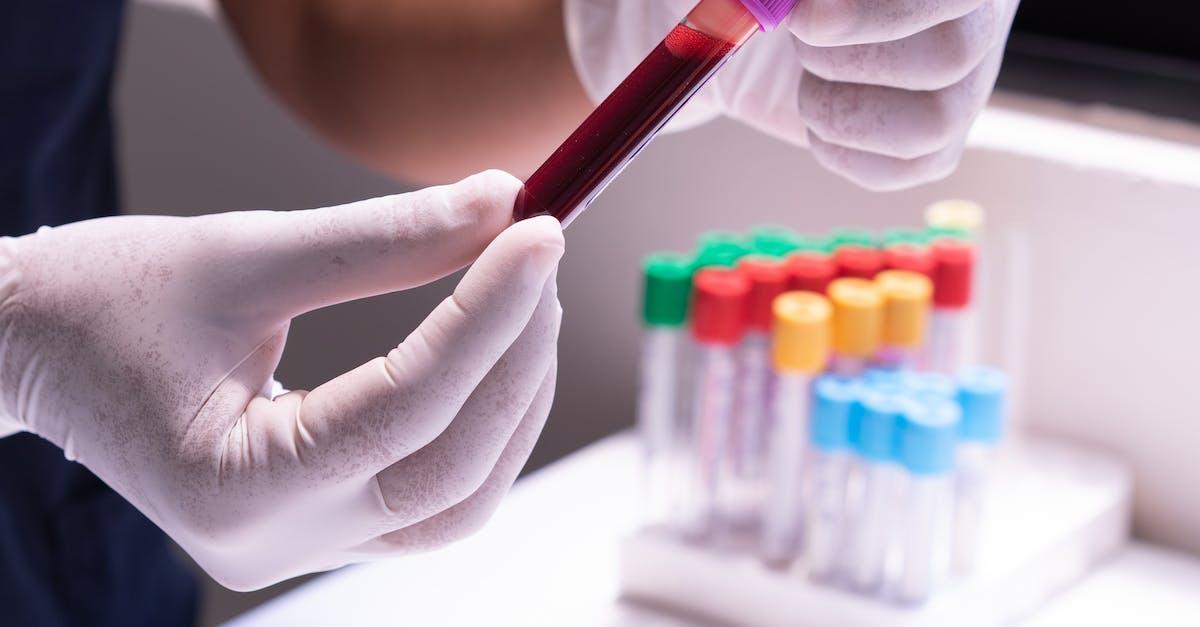Hematology Analyzers for Human and Veterinary Diagnostics: A Comprehensive Guide
Hematology analyzers are essential tools in both human and veterinary medicine for the diagnosis and monitoring of various blood-related disorders and diseases. These instruments have evolved significantly over the years through different companies such as boule.com. Analyzers that provide accurate and efficient blood cell counts, differentials, and other important parameters that help healthcare professionals and veterinarians make informed decisions about patient care. In this comprehensive guide, we will explore the key aspects of hematology analyzers, their applications in human and veterinary diagnostics, and how they have revolutionized healthcare.
Understanding Hematology Analyzers
Hematology analyzers, also known as blood cell counters or hematology machines, are specialized laboratory instruments designed to analyze blood samples. They provide crucial information about the cellular components of blood, including red blood cells (RBCs), white blood cells (WBCs), and platelets. Additionally, these analyzers can measure various hematological parameters such as hemoglobin concentration, hematocrit, mean corpuscular volume (MCV), mean corpuscular hemoglobin (MCH), and mean corpuscular hemoglobin concentration (MCHC).
Components of Hematology Analyzers
Modern hematology analyzers consist of several key components that work together to provide accurate and reliable results:
- Sample Handling System: This component is responsible for preparing and loading blood samples into the analyzer. It may include a sample loader, cap-piercing mechanism, and sample mixer.
- Flow Cell: The flow cell is a critical part of the analyzer where blood cells pass through a narrow channel one at a time. It allows for precise cell counting and sizing.
- Optical System: Hematology analyzers use various optical techniques, such as laser light scattering and impedance measurements, to analyze blood cells. These techniques help determine cell size, shape, and granularity.
- Reagent System: Reagents are necessary for performing specific blood tests, such as staining for differential leukocyte counts. Hematology analyzers can have automated reagent systems for accurate sample preparation.
- Computer System: Advanced software and algorithms process the data collected by the analyzer and generate comprehensive reports for healthcare professionals.
Applications in Human Diagnostics
- Complete Blood Count (CBC): Hematology analyzers are commonly used in human diagnostics to perform CBCs, which provide information about the number of RBCs, WBCs, and platelets in a patient’s blood. CBCs are essential for diagnosing anemia, infections, and blood disorders.
- Hemoglobin Testing: Hematology analyzers accurately measure hemoglobin levels, aiding in the diagnosis of conditions like anemia, polycythemia, and hemoglobinopathies.
- Differential White Blood Cell Count: These analyzers can differentiate between various types of white blood cells, helping in the diagnosis of infections, autoimmune disorders, and leukemia.
- Coagulation Testing: Some advanced hematology analyzers can also perform coagulation tests, including prothrombin time (PT) and activated partial thromboplastin time (aPTT), which are crucial for assessing bleeding disorders and monitoring anticoagulant therapy.
Applications in Veterinary Diagnostics
Hematology analyzers are equally invaluable in veterinary medicine for diagnosing and monitoring the health of animals. They are used in a wide range of species, from cats and dogs to horses and livestock:
- Animal Health Screening: Hematology analyzers are used in routine health check-ups for animals to monitor blood cell counts, hemoglobin levels, and other parameters. This helps veterinarians identify underlying health issues early on.
- Disease Diagnosis: These analyzers are instrumental in diagnosing diseases and conditions in animals, including anemia, infections, and immune-mediated disorders.
- Research and Drug Development: Hematology analyzers play a crucial role in veterinary research and drug development by providing accurate data on the effects of experimental drugs or treatments on blood parameters.
- Livestock Management: In the livestock industry, hematology analyzers are used to monitor the health and production efficiency of animals, such as cows, sheep, and poultry.
Advancements in Hematology Analyzers
Hematology analyzers have seen significant advancements over the years, leading to improved accuracy, speed, and ease of use. Some notable advancements include:
- Automation: Modern analyzers can handle multiple samples simultaneously, reducing turnaround times and increasing efficiency in laboratories.
- Hematology Analyzers for Small Sample Sizes: Some analyzers are designed for small blood samples, making them suitable for pediatric and veterinary applications where obtaining larger samples may be challenging.
- Point-of-Care Testing: Portable hematology analyzers are available for point-of-care testing in clinics and remote settings, enabling quick and efficient blood analysis.
- Integration with Laboratory Information Systems (LIS): Integration with LIS allows for seamless data management and electronic health record integration.
Challenges and Considerations
While hematology analyzers have revolutionized diagnostics, there are some challenges and considerations to be aware of:
- Maintenance and Quality Control: Regular maintenance and quality control procedures are essential to ensure the accuracy and reliability of results.
- Cost: Hematology analyzers can be expensive, and smaller clinics or veterinary practices may need to consider cost-effective options.
- Sample Handling: Proper sample handling and preparation are critical to obtaining accurate results, and user training is essential.
Conclusion – Boule.com
Hematology analyzers are indispensable tools in both human and veterinary medicine, enabling healthcare professionals and veterinarians to diagnose and monitor a wide range of blood-related conditions and diseases. Their continual advancement in automation, accuracy, and versatility has transformed the field of diagnostics, improving patient care and the health of animals. As technology continues to evolve, hematology analyzers will play an increasingly vital role in the healthcare industry, contributing to faster and more accurate diagnoses and better patient outcomes.

